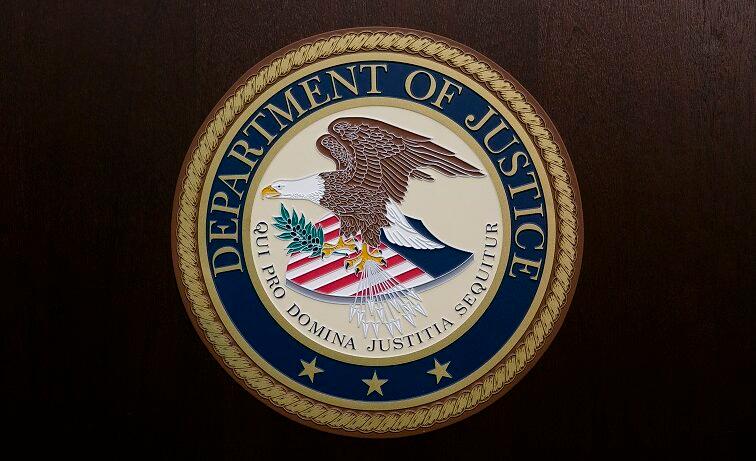The Department of Justice (DOJ) has backed the Capitol Hill Baptist Church in its efforts to hold larger outdoor worship services in Washington, D.C., where authorities have denied requests for the congregation to exceed the 100-person limit imposed under CCP virus restrictions while tolerating protests that violate the 50-person cap on mass gatherings.
Arguing that the Constitution protects religious freedom to the same extent as the right to protest, the DOJ on Friday filed a statement of interest in a federal court in Washington, arguing that D.C. authorities should “accommodate Capitol Hill Baptist Church’s effort to hold worship services outdoors, at least to the same extent the District of Columbia allows other forms of outdoor First Amendment activity, such as peaceful protests.”





